9 Weird Ways You Can Test Positive for Drugs
Introduction
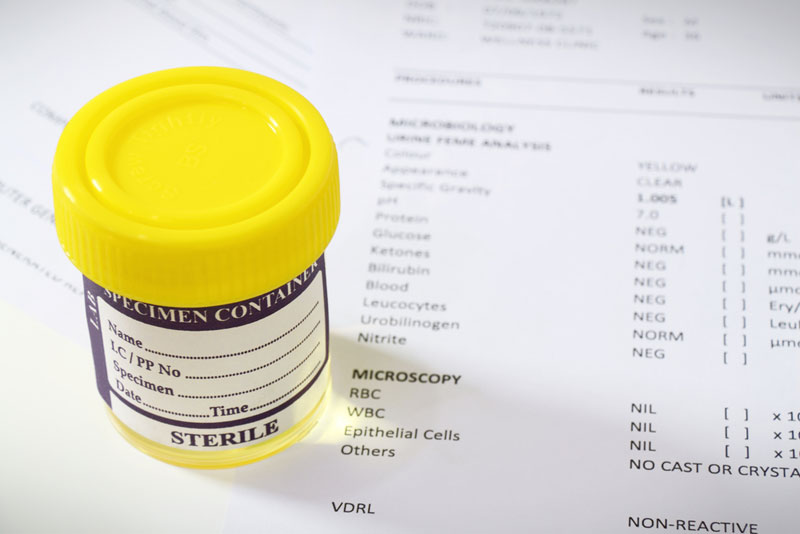
There are times in life when you just have to pee into a cup. For example, you might need to take a drug test before you start a new job. But these tests aren't foolproof: A number of harmless, everyday substances can trigger a false-positive result for drugs. Here's a look at nine substances that can give you an odd positive result for illegal drugs.
Coca tea
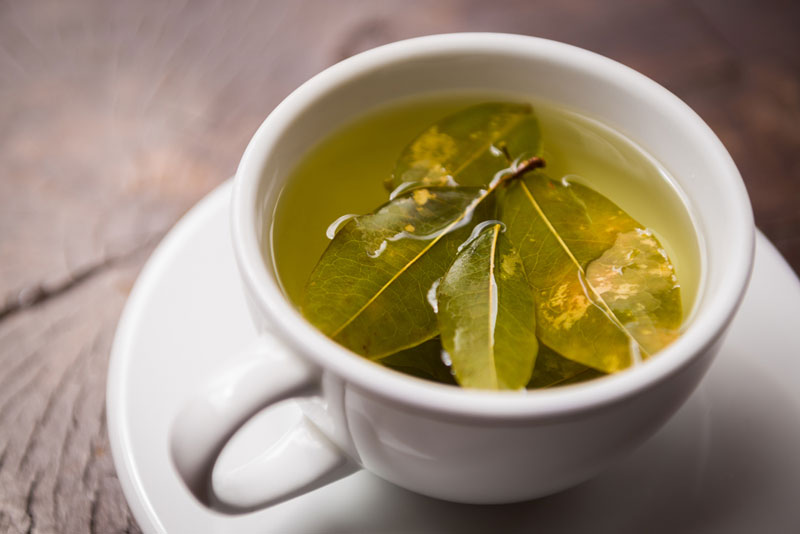
Drinking coca tea could lead to a false-positive result for cocaine. The tea is popular in South America and is made from the leaves of the coca plant, the same source from which cocaine is derived. In a 2006 study, five people drank coca tea before undergoing a drug test. All of the participants tested positive for cocaine metabolites 2 hours after consuming the tea, and three participants still tested positive for cocaine after 36 hours. The researchers concluded that "healthcare professionals should consider a history of coca tea ingestion when interpreting urine toxicology results."
Cold medications
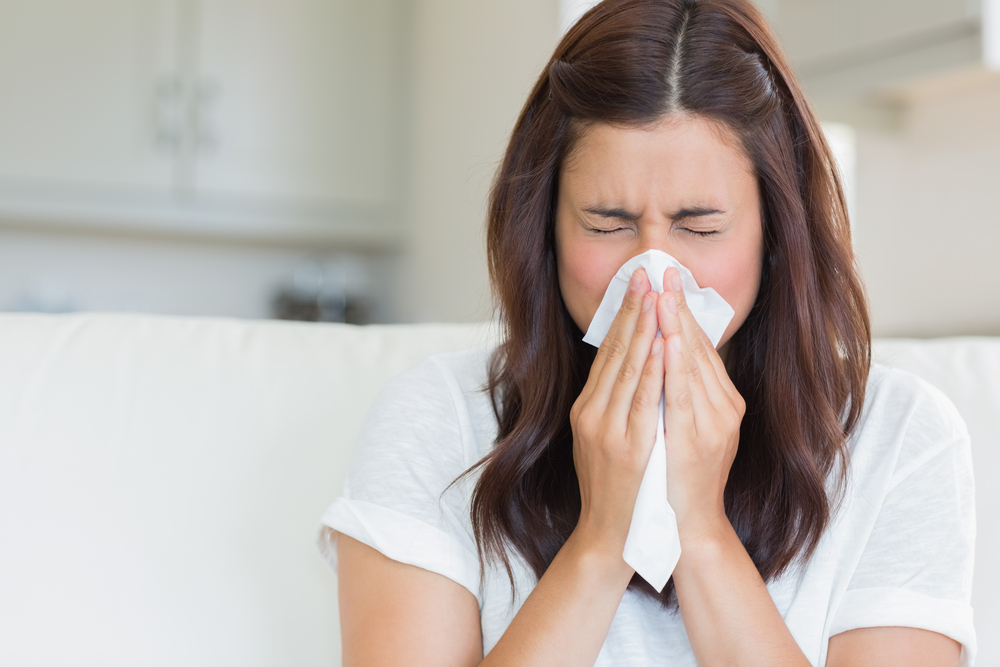
Some over-the-counter cold medications contain ingredients that could lead to a false-positive result for amphetamines. For example, the ingredient brompheniramine, which is an antihistamine in some cold and allergy medications, can interfere with the test for methamphetamine, leading to false-positive results, according to a 2010 review study.
And in the past, use of the nasal decongestant Vick's Inhaler led to false positives for amphetamines, according to a 2008 review study. Vick's inhaler contains levomethamphetamine, which is a chemical "mirror image" of methamphetamine, the authors of that review wrote. However, newer drug tests can distinguish between methamphetamine and the chemical in Vick's inhaler, so the cold medication no longer triggers a false positive, the review said.
Secondhand smoke from marijuana
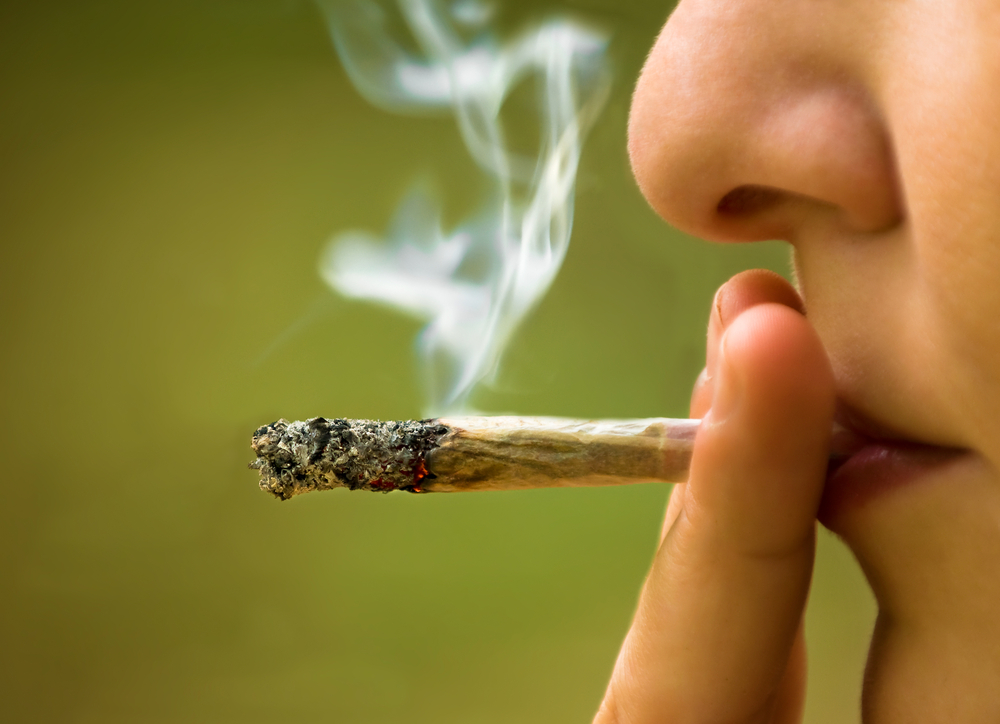
In extreme cases, being in a room with someone who is smoking marijuana can lead to a positive result on a marijuana test, according to a 2015 study. In that research, six people smoked marijuana in a sealed chamber, while six nonsmokers sat next to them. After 1 hour, several of the nonsmokers tested positive for marijuana in sensitive tests that could detect tetrahydrocannabinol, or THC (the active ingredient in marijuana), at a concentration of 20 to 50 nanograms per milliliter.
The researchers concluded, "These results demonstrate that extreme cannabis smoke exposure can produce positive urine tests at commonly utilized cutoff concentrations." However, the researchers noted that these positive tests in real-world settings are likely to be rare, because testing would need to occur within hours of the exposure, and nonsmokers would likely be aware that they had been exposed to secondhand marijuana smoke.
Antibiotics
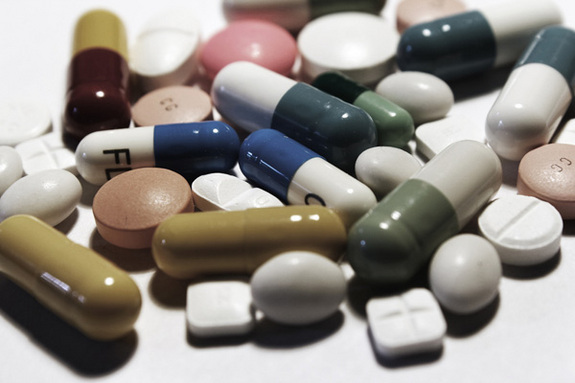
Certain antibiotics, including rifampin and fluoroquinolones, can lead to false-positive results for opiates. In one case, reported in 2002, a 7-year-old boy in Lebanon who visited the emergency room tested positive for opiates. However, it was later determined that the rifampin he was taking interfered with his drug test.
Get the world’s most fascinating discoveries delivered straight to your inbox.
Baby soap
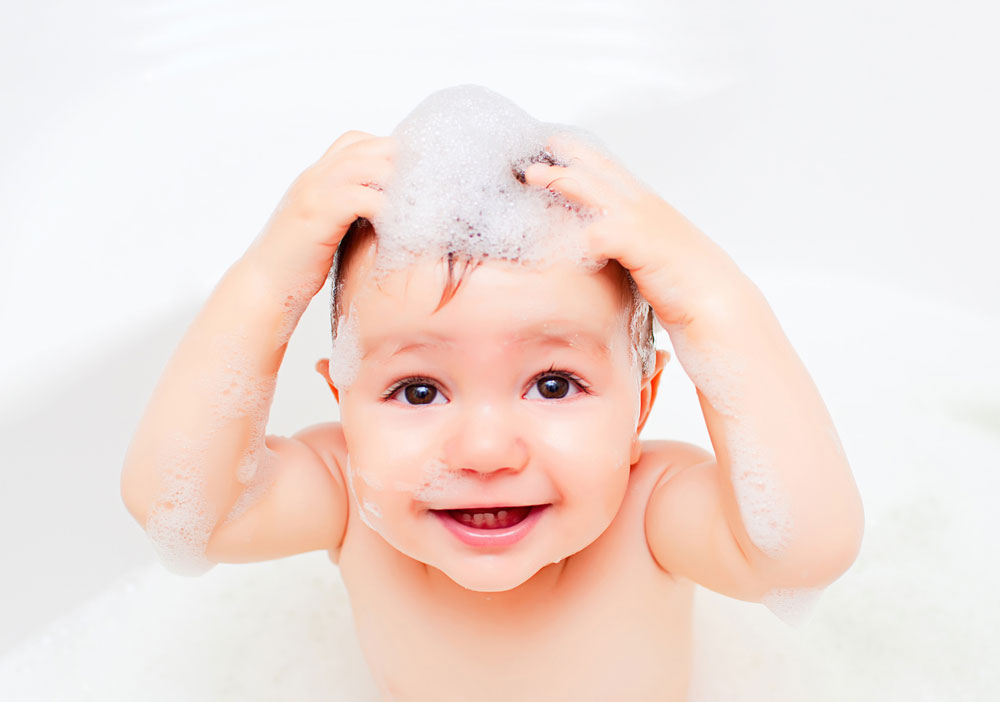
Certain soaps used in hospitals to wash babies shortly after birth may cause the infants to test positive for marijuana on some newborn screening tests, according to a 2012 study. (Such tests are done to determine if a mother was using drugs while pregnant.) Health care workers figured out that babies who are washed with these soaps — which include Johnson & Johnson's Head-to-Toe Baby Wash, J&J Bedtime Bath, CVS Night-Time Baby Bath, Aveeno Soothing Relief Creamy Wash and Aveeno Wash Shampoo — gave a positive result on a urine drug screening test for THC, the active compound in marijuana.
The researchers in that study said they aren't sure why the soaps cause a false positive. It could be that some of the compounds in the soap have a structure that is partly similar to THC, or it could be that chemicals in the soap change the way the test works, the researchers said. As for how the soap got into the urine sample, the researchers suspect that some residual soap on the babies' skin washed off into the child's urine sample.
Ibuprofen
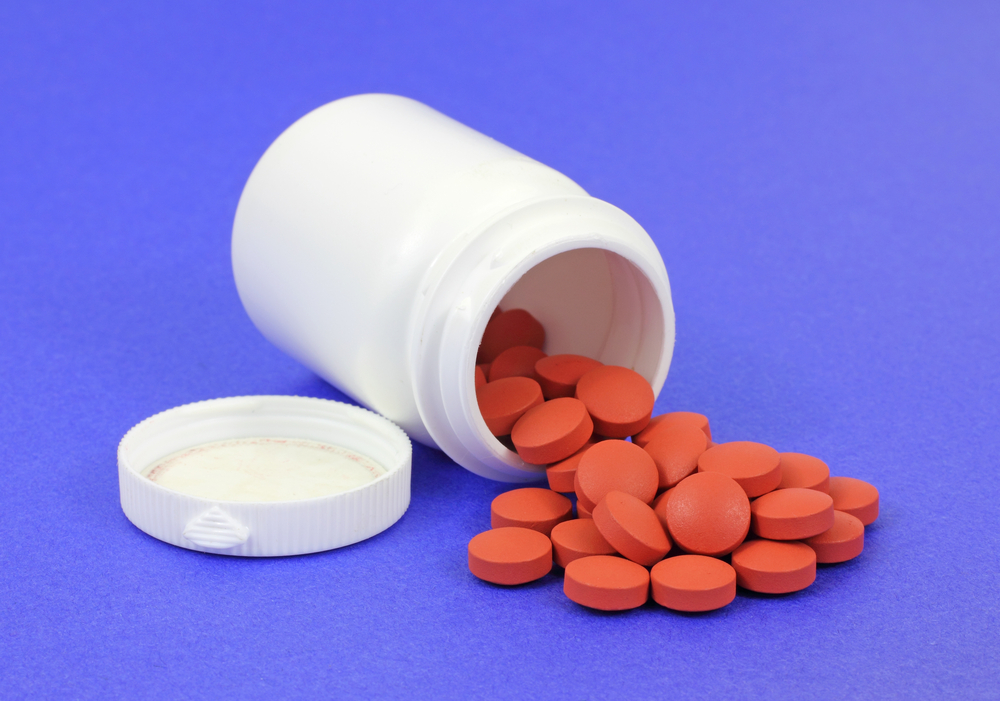
Taking nonsteroidal anti-inflammatory drugs, such as ibuprofen, can, in rare cases, lead to a false-positive result for several drugs. In a study conducted in 1990, 60 people took ibuprofen at several different doses (a single dose of 400 mg per day, three 200-mg doses a day or three 400-mg doses per day, depending on which experimental group they were in). One patient taking the highest dose of ibuprofen (1,200 mg per day) tested positive for cannabinoid, a compound in marijuana. Another patient tested positive for barbiturates, which are used in anti-anxiety drugs or sleep medications. The results "demonstrate the small likelihood of a false-positive [test]" after taking ibuprofen, the researchers concluded.
Tonic water
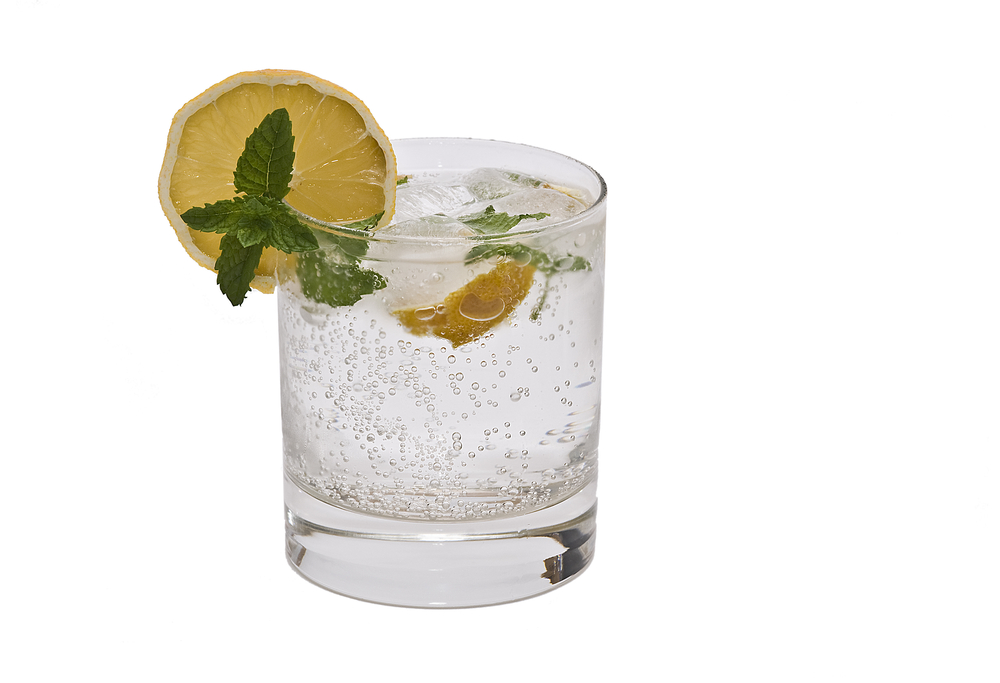
Tonic water contains small amounts of quinine, a drug used to treat malaria. Quinine is also sometimes mixed with street drugs, and so it can be an indicator of illegal drug use. In a 1989 study, researchers at Brown University in Rhode Island reported that a positive result on a urine test for quinine resulted from the consumption of tonic water in a mixed drink.
HIV medication
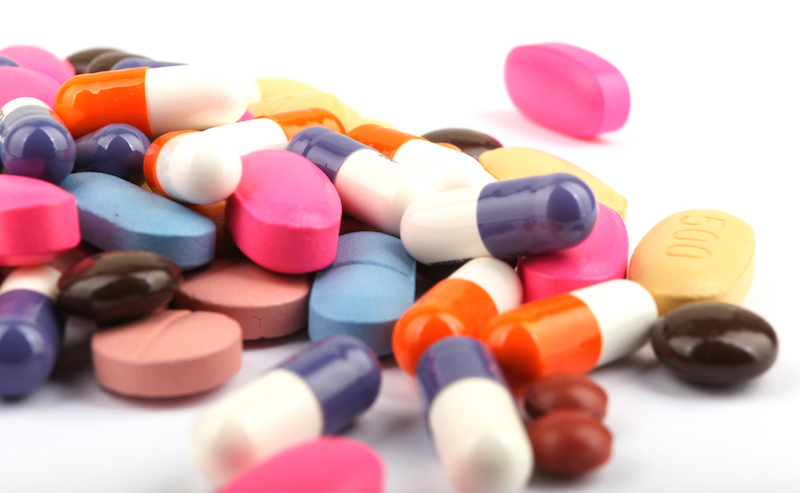
An antiviral medication used to treat HIV can also cause people to test positive for marijuana. For example, in 2006, researchers reported interesting findings from a study of 24 people who took the HIV medication efavirenz (brand name Sustiva). At the beginning of the study, all of the participants tested negative for THC, but after taking efavirenz, they all tested positive. Researchers said that efavirenz may interfere with the way the test works.
Poppy seeds
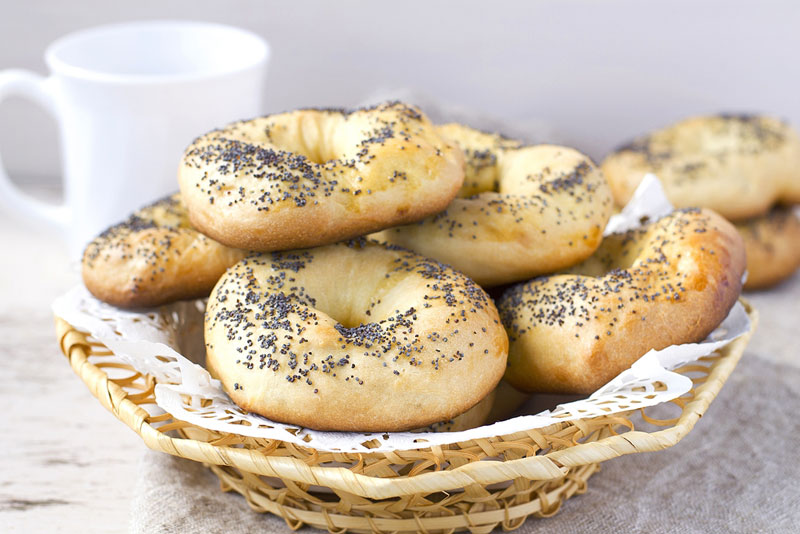
Poppy seeds naturally contain the compounds morphine and codeine, and so consumption of some products with poppy seeds can trigger false positives results for these drugs. In a 1987 study, five members of a lab baked cookies containing about 1 teaspoon (5 milliliters) of a poppy-seed filling that they bought from the grocery store. Two hours after eating several cookies, all of the lab members tested positive for opiates. The concentration of the drug was greater than 300 ng/mL, which was the minimum cutoff used by the test.
In 1998, the Department of Health and Human Services changed the cutoff to 2,000 ng/mL in order to avoid false-positive results from eating poppy seeds, according to a 2008 review study. However, most laboratories continue to use lower cutoffs, the researchers of that study said.

Rachael is a Live Science contributor, and was a former channel editor and senior writer for Live Science between 2010 and 2022. She has a master's degree in journalism from New York University's Science, Health and Environmental Reporting Program. She also holds a B.S. in molecular biology and an M.S. in biology from the University of California, San Diego. Her work has appeared in Scienceline, The Washington Post and Scientific American.
 Live Science Plus
Live Science Plus





